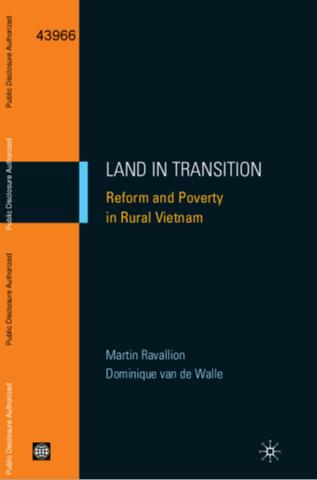Problems and perspectives of land consolidation projects in the Republic of Lithuania
Since the year 2000 with the help of the specialists from the Land Consolidation Division of the Danish Ministry of Food, Agriculture and Fisheries, pilot land consolidation projects have been started. Besides the simple territorial readjustment of land parcels, these projects aimed to encourage local initiatives as well as to develop the land consolidation mechanism as an essential tool for the development of the integrated rural development including environment protection, development of infrastructure together with the creation of competitive farms.



